Challenging times can be a catalyst for innovation. Never was that more apparent than last year, as the world collectively mounted the largest public health effort in history. As we look to the future, we see a chance to use what we learned to make visionary, transformative improvements in access to reproductive healthcare. Here are some of the lessons we learned.
As the numbers of Covid infections spiraled last April, MSI estimated that the crisis could result in an 80% reduction in our service delivery, with up to 9.5 million women and girls losing access to our services. These were projections our providers just refused to accept. And Covid just became another obstacle for them to overcome. And thanks to their resilience, action and innovation, the impact while significant was nowhere near as grave.
By the end of 2020 our teams had served 12.8 million people – 35,000 every day – with high-quality sexual and reproductive health services.
We see every day that reproductive healthcare is life-changing and life-saving. Our services enable women to continue on their chosen paths. In 2020, our services resulted in preventing an estimated:
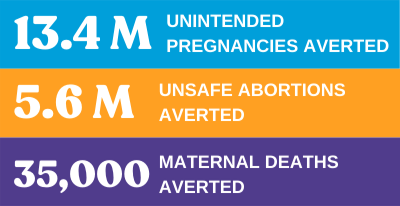
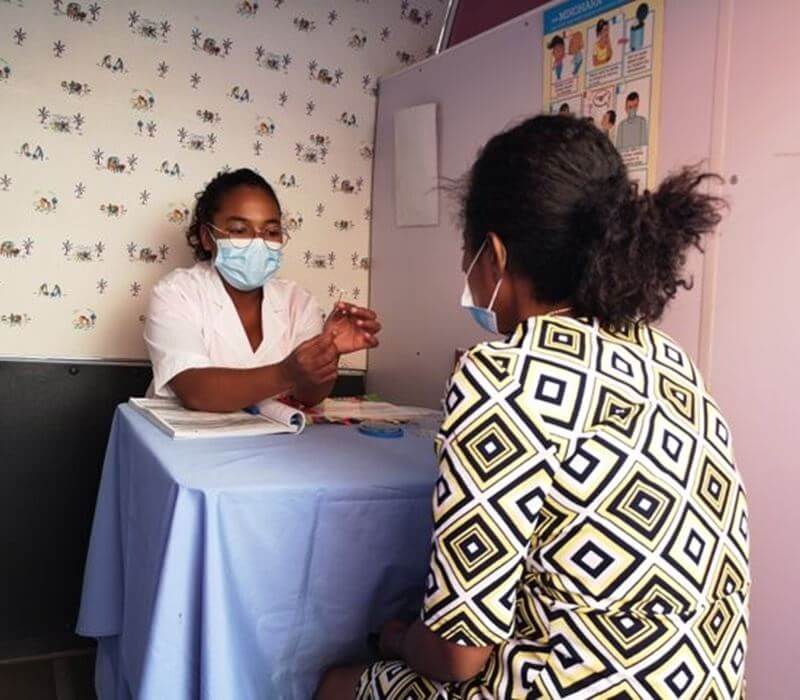
Those numbers represent real girls who had the opportunity to continue school, young women able to set off on a career and mothers more able to care for the children they already have.
Click here to read the two-page impact summary >>
To safeguard access during national lockdowns, MSI’s teams pivoted to get services directly into the hands of women. In Uganda, we partnered with UNFPA, to deliver contraception using a ride-hailing app similar to Uber. In Madagascar, we obtained government permits to deliver services by bus and transport women safely to their local health facility. This kind of convenient, client-centered provision of information and services will continue to be needed beyond the pandemic. It reflects our ongoing commitment to delivering services in ways that meet the needs of all our clients, ensuring that no one is left behind.
Click here to read more about how we adapted to COVID-19 >>
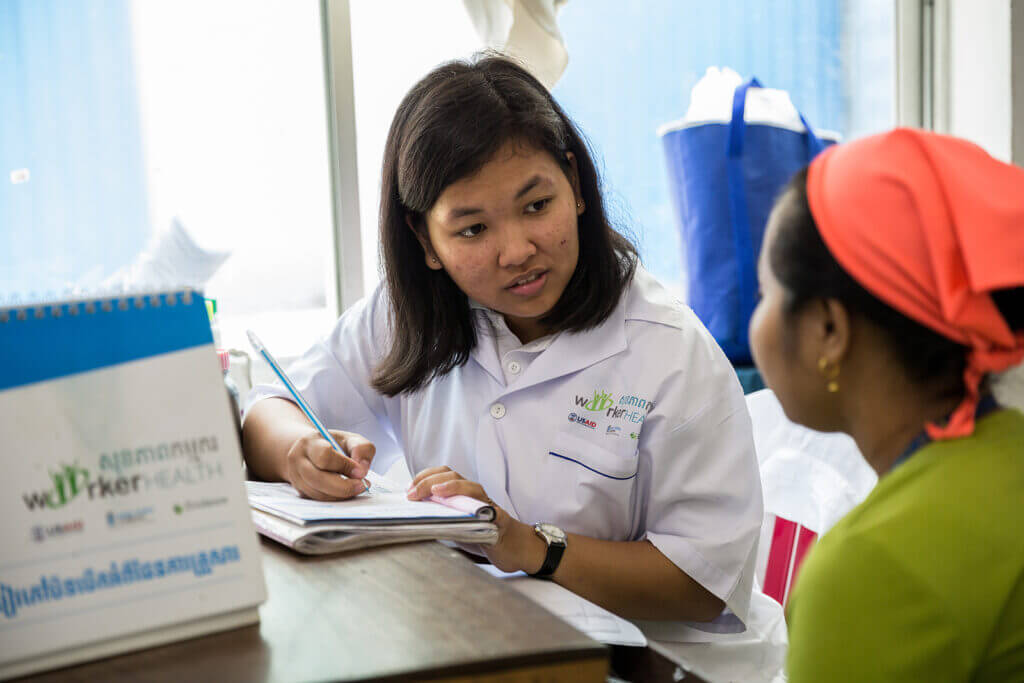
The pandemic also drove innovations in how we uphold the quality of our services. With travel bans making face-to-face audits impossible, we are rolling out new remote quality assurance systems across 35 country programs, using audio and video streaming and recordings to conduct clinical audits. In addition to saving time and money and reducing our carbon footprint, the MSI Audio Video Assessments (AVA) will allow us to evaluate the findings alongside other data systems, such as the competency of our clinical providers, and continually improve the quality of the assessments themselves.
Another way COVID-19 impacted reproductive healthcare was by motivating long-overdue digital innovations that have revolutionized the delivery of services.
To protect access to timely abortion care and reduce the risk of transmitting the virus, MSI’s UK and South Africa programs rapidly implemented telemedicine, enabling women to have consultations over phone or video and self-administer medical abortion drugs in the privacy of their own homes.
If made permanent, this could have profound implications that go far beyond the pandemic, expanding and improving access, reducing waiting times, reaching women earlier in pregnancy and allowing women greater control in the process. MSI is already sharing learnings from our UK and South Africa programs to roll out similar telemedicine models in Nepal, India and Ghana, with the aim of delivering contraception via telemedicine too.
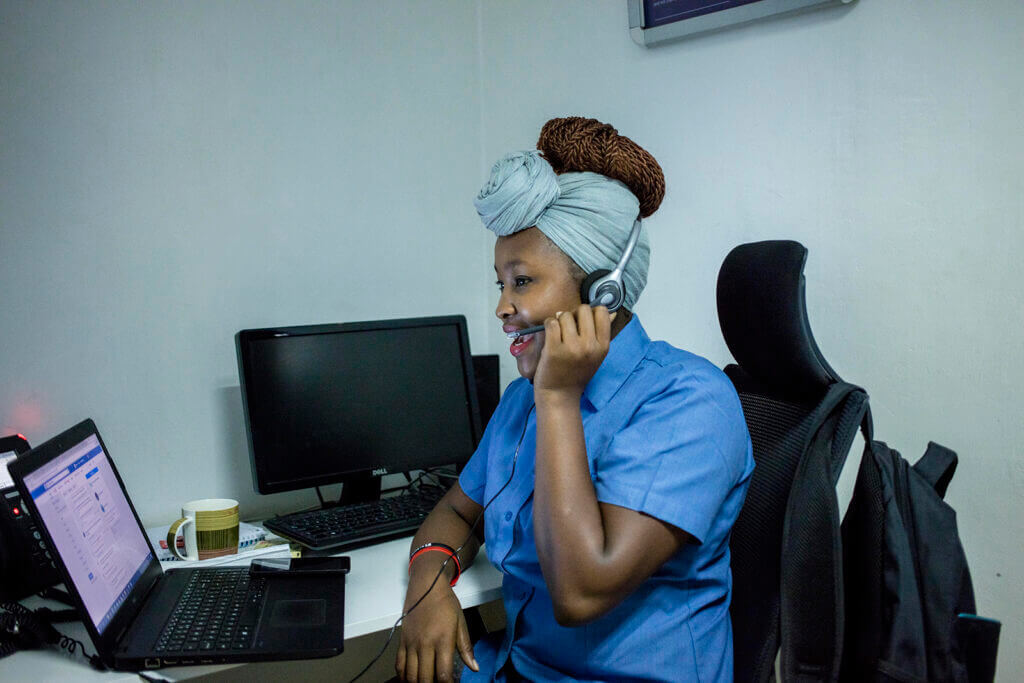
MSI’s contact centers have also played a pivotal role: providing clients with guidance, support, directions and follow up care. In fact, despite significant disruptions to their working arrangements, they have supported more clients than ever before, with 2.4 million interactions in 2020 compared with 2.2 million in 2019.
Interestingly, while the number of calls over this period has stayed relatively flat, interactions via social messaging platforms, such as Whatsapp, increased 87% between February and August 2020. This reflects the increased need for confidential access to information and support particularly for young people living at home and those at risk of domestic abuse, as well as a more general shift in the way people prefer to communicate.
At the end of 2020 MSI launched chat platforms in 10 countries, including the DRC, Nepal and Yemen, enabling our agents to manage WhatsApp and Facebook messaging seamlessly. Chat services allowed us to remain available to people seeking advice even during lockdowns, bringing us another step closer to our vision of a world where no woman is more than one contact away from a safe service. The increase in social messaging has also helped us more easily direct clients to our websites, with traffic across our sites doubling between January and September 2020. This trend will improve women’s access to reliable information, improving client experience, safety and health outcomes.
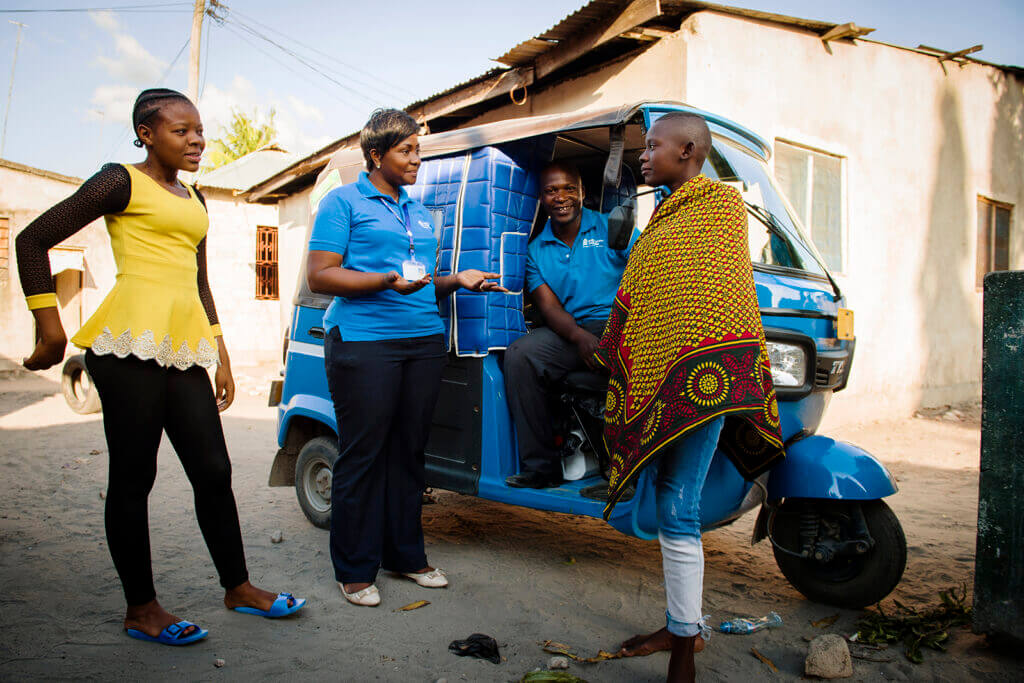
Covid-19 continues to devastate lives and in many countries, the worst effects could be yet to come. Mitigating its impact can only be achieved with strong partnerships and collaboration. From the very start of the crisis, MSI has worked closely with partners and governments to classify sexual and reproductive health (SRH) services as essential.
In Zimbabwe outreach teams co-located their service delivery with World Food Programme supported nutrition activities, thereby ensuring that clients could access key (health and nutrition) services without having to visit health facilities.
In Nigeria, MSI’s program partnered with the Ministry of Health to keep public health posts open. When sexual and reproductive healthcare services were defined as essential, the Ministry granted MSI’s team members free movement between states, ensuring contraception and post-abortion care were not side-lined by the COVID-19 response. In collaboration with the public sector, this enabled MSI Nigeria to reach over 2.4 million clients with family planning services, protecting access in rural regions when needed most.
The pandemic has also illustrated the importance of partnering with other organizations. In South Africa, we collaborated with the Girl Effect to reach young people Adolescents can be embarrassed to ask for advice on sexual health, but the Girl Effect ‘Big Sis’ chatbot provides MSI with a platform to answer questions and provide accurate information in a confidential space.
Instead of focusing on what MSI can deliver alone, we have been able to tap into a tool that girls and young women already use, making it easier for them to find the information they need. Today one in four girls in Malawi who drop out of school do so following a pregnancy and a girl in South Sudan is more likely to die in childbirth than finish secondary school. As the largest generation of young people in history approach their reproductive years, this sort of collaboration will only become more vital.
COVID-19 impacted reproductive healthcare around the world—but it also sparked new innovations. As we rebuild post-pandemic, we need to embrace new partnerships and capture opportunities for change to create a healthier, more resilient and more equal future for all.